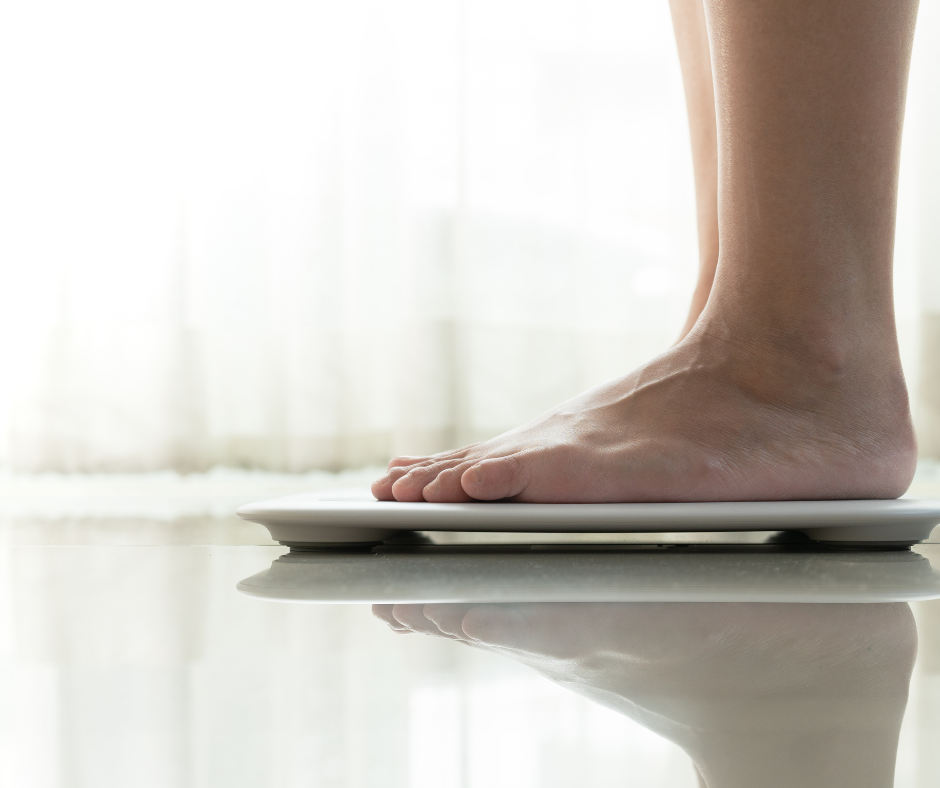Can you believe it’s that time of the year again? Leave for work in darkness, head home from work in darkness. You might notice that the end of Daylight Savings Time means it’s just that little bit harder to keep up with some healthy habits you picked up over the summer like biking at sunset or eating more fresh fruits and vegetables. Not only that, but you might find yourself a bit more fatigued, moody and opting for some looser clothing.
Good news is this is completely normal. Bad news is… this is completely normal. So, why does this happen and is there a correlation between time change and weight?
Our bodies function according to our circadian rhythm. When there is any disruption to this cycle, like time change, it can cause body processes and functions of the body to work less efficiently. Eventually our body can adjust to this change, but it can take some time. The early onset of darkness can disturb mood, which can have a huge impact on lifestyle choices. Seasonal Affective Disorder (SAD), aka seasonal depression, caused by a lack of vitamin D from sunlight is a huge challenge many people face during our cold and dark winters. This is a disorder that requires a clinical diagnosis, but there is also something called the seasonal blues. This is for those who experience symptoms of SAD like lack of motivation or depression, but do not meet the criteria for a clinical diagnosis.
Our mental and emotional health play a huge role in our food choices. When we’re feeling down, we might turn to comfort foods like chocolate or mac and cheese. And it’s not really these foods that are the issue, but rather frequency and portion. It can become routine to throw a frozen dinner into the microwave or get fast food most days of the week.
In addition to the emotional aspect, we need to consider the hormonal aspect as well. We often sacrifice sleep when we’re feeling down, and this is a form of stress on the body. Check out my blog posts on stress and appetite-regulating hormones to learn more.
So, how can we avoid potential weight gain and seasonal blues? First and foremost, make sure you are taking a Vitamin D supplement. You can ask your pharmacist their recommended dosage for you. Second, make sure you try to stick to your normal routine. Find ways to keep your motivation up when it comes to meal prep, movement and sleep. That might mean setting reminders or having an accountability buddy (for example, your trusted dietitian!).
If you’re struggling with the shorter daylight hours, book a consultation with our in-house dietitian to learn how we can change your diet to change your health and not let winter get the best of you!






